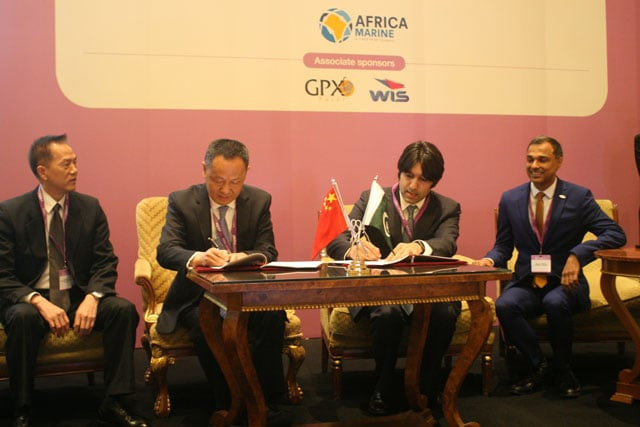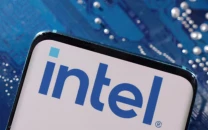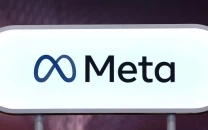Internet capacity of 96 Tb/s to be added to Pakistan’s IT system
Cybernet signs cable landing party agreement with PEACE Cable

Cybernet bringing first carrier-neutral and open access submarine cable system to the country. PHOTO: PR
This landmark agreement, signed on April 16, 2019 at Capacity North Africa in Cairo, follows a memorandum of understanding signed by both parties in 2018.
Pakistan and East Africa Connecting Europe (PEACE) is a 12,000km long, privately owned cable system that provides open, flexible and carrier-neutral services for its customers. PEACE is targeted for completion in the first quarter of 2020. The system design will adopt the latest 200G and WSS technology, which provides the capability to transmit over 16 Tb/s per fibre pair, servicing growing regional capacity needs.
Pakistan’s 4G broadband speed faster than India’s
The PEACE cable system with landings in Pakistan, Djibouti, Egypt, Kenya and France - in the first phase - will connect the three most populated continents in the world, providing critical interconnection to the economic corridors of Asia, Europe and Africa. A total capacity of 96 Tb/s will be added to Pakistan’s internet infrastructure.
Cybernet, amongst Pakistan’s oldest internet service providers, is the PEACE Cable Landing Station partner in Pakistan and will be deploying PEACE Pakistan Cable Landing Station (CLS) and managing its operations.
With over 22 years of experience in building and running countrywide fibre broadband operations, IP/MPLS networks and cloud optimised data centres, Cybernet will be building Pakistan’s first carrier-neutral cable landing station for PEACE cable by Q1 of 2020 in Karachi. The design and selection of the CLS site in Karachi is in line with Cybernet’s objectives to bring carrier neutrality and much-needed redundancy to Pakistan’s internet backbone. Cybernet will provide capacity to local and global carriers, CDNs, content providers and others at easily accessible interconnect points across Pakistan - enabling true carrier neutrality and open access.
Cybernet is on a mission to bring affordable ultra-fast broadband on its own fibre network and in partnership with mobile and other fixed line carriers to the far reaches of Pakistan.
The PEACE cable project will enable carriers to extend gigabit speeds to the Pakistani population and will be instrumental in meeting the exponential growth in bandwidth demand from mobile and fixed broadband users in Pakistan and neighbouring countries. Speaking on the occasion, Cybernet Pakistan CEO Danish Lakhani said, “We are humbled to be able to contribute in bringing a submarine cable system that will have an outsized impact on the digital landscape in Pakistan.”
He said, “PEACE is the only cable system that originates in Pakistan and connects three continents (Asia, Africa and Europe) and elevates our country’s strategic standing in the global connectivity race.”
The CEO said that with its ultra-low latency design, the cable will cut down transit time between Pakistan and France to less than 90 milliseconds - dramatically improving the response time of internet-based applications and the experience of our users.
“The cable will also bolster the redundancy of our country’s connectivity to the rest of the world. At Cybernet, our vision is to create an enabling environment for Pakistan’s digital landscape where ISPs, carriers, CDNs, content providers and virtually all IT-enabled firms can extend affordable services to our citizens - while contributing to increasing GDP, IT exports and total factor productivity.”
Published in The Express Tribune, April 18th, 2019.
Like Business on Facebook, follow @TribuneBiz on Twitter to stay informed and join in the conversation.


















COMMENTS
Comments are moderated and generally will be posted if they are on-topic and not abusive.
For more information, please see our Comments FAQ